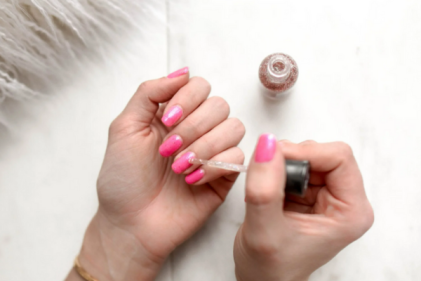Most parents’ primary goal is to raise happy, healthy children. Yet, different factors can determine their wellbeing, outlook and actions from childhood through to adulthood.
As their mum or dad, it’s your job to provide your kids with the help and guidance they need to live a long, healthy and happy life. Get started by reading about the different ways to care for your child’s health.
A Nutritious Diet
Your son or daughter’s diet will determine their physical and mental health. To ensure they are happy, healthy and bursting with energy, you must develop a nutritious diet for them to follow each day. Serve meals and snacks that will provide them with a mix of protein, fibre and carbohydrates.
Also, you can encourage healthy food choices by involving your children when buying fresh produce or cooking meals. It could help them develop a greater appreciation for fresh, natural ingredients, and it will encourage them to try new flavours.
Exercise
If your son or daughter is happy to spend many hours watching TV, playing games or browsing the internet, encourage them off the sofa. Look for fun activities that will get their body moving and their heart pumping, such as:
- A family hike
- A bike ride
- A game of chase

Joining a sports team
Regular physical activity will help your kids maintain a healthy body weight. Plus, they’ll be more likely to embrace exercise as they grow older, which can support their general physical health and mental wellbeing.
Good Oral Hygiene
Children underestimate the importance of good oral hygiene. Therefore, it is their parents’ responsibility to improve their dental health.
For example, you must instruct your kids to:
- Brush their teeth for two minutes twice daily – don't forget the tongue
- Floss at least once per day
- Avoid sugary snacks and drinks
Attend dental check-ups every six months
Kent Express provides many reliable dental hygiene supplies to care for children’s and adults’ teeth and gums, such as electric toothbrushes, interdental brushes and mouthwashes.
If your kids adopt good oral health habits while they are young, they will be more likely to care for their teeth and gums into adulthood. As a result, they can enjoy a healthier smile throughout the years, which will protect them from both dental and other general health issues.
Vitamin D Consumption
Approximately 16% of children in the UK may have a vitamin D deficiency. The issue often stems from a poor diet, the gloomy climate and their lifestyle. If your child has a vitamin D deficiency, they might experience impaired growth, lower limb pain, walking delays, muscle aches or a calcium imbalance.
Children and adults should have a recommended daily allowance (RDA) of 400 IU (10µg). You can improve your child’s vitamin D consumption by ensuring they:
- Consume vitamin D food sources such as oily fish, red meat and fortified foods
- Spend time in the sunshine – don't forget the sun cream!
- Take a daily vitamin supplement
If you follow the above tips, you could improve your child’s health while also supporting their growth and development.






